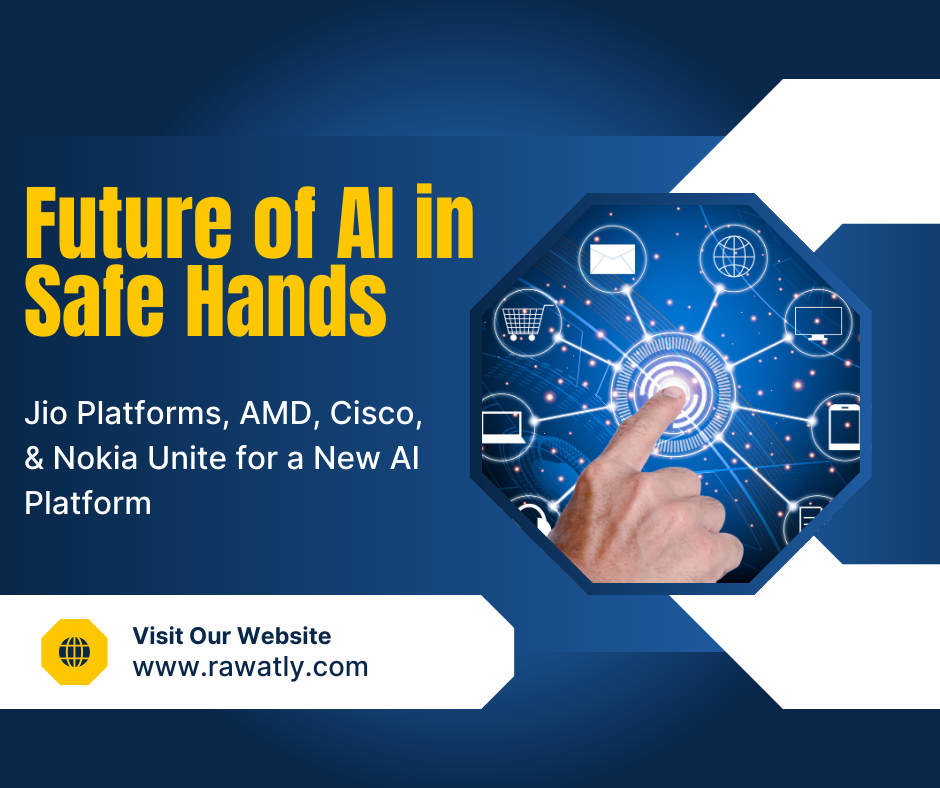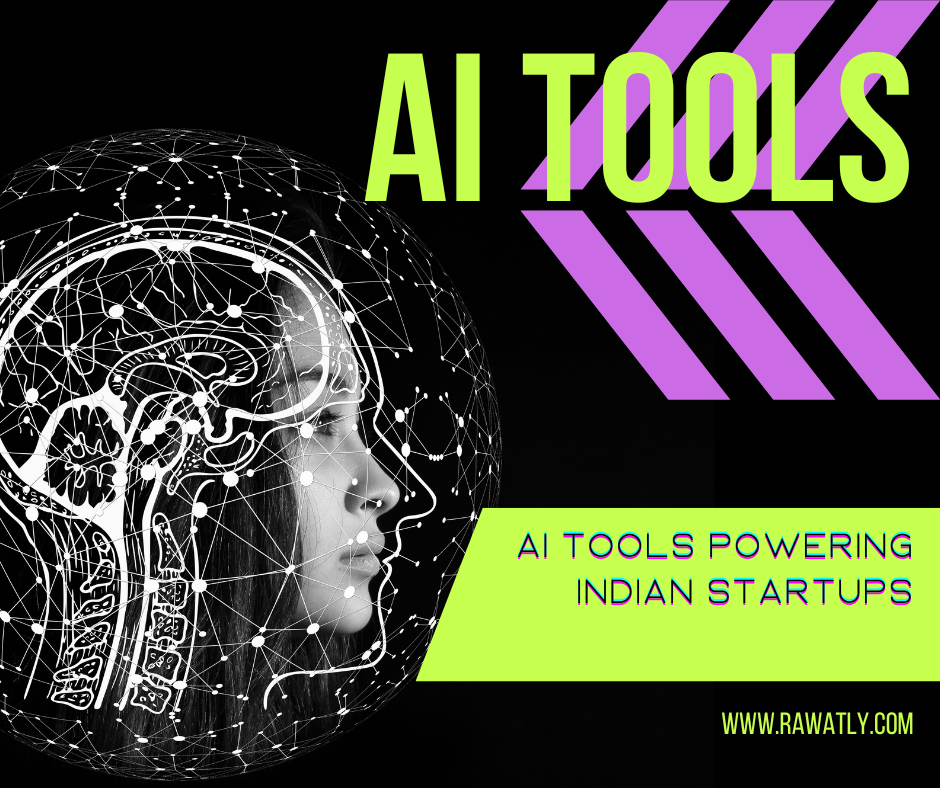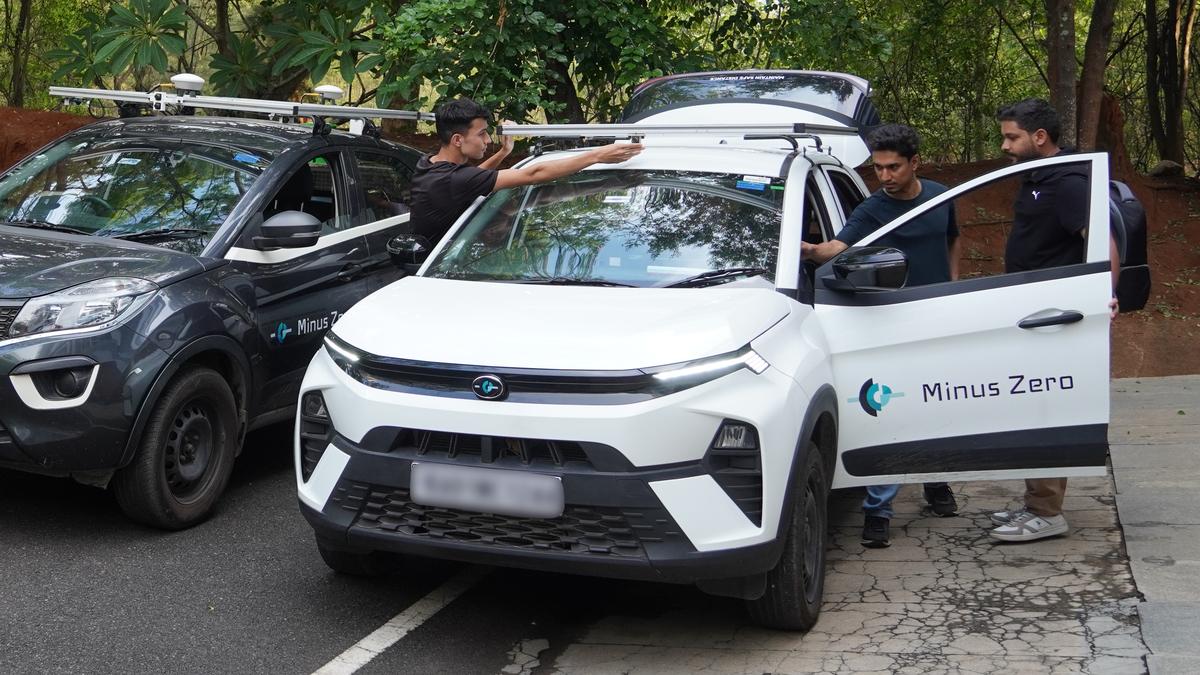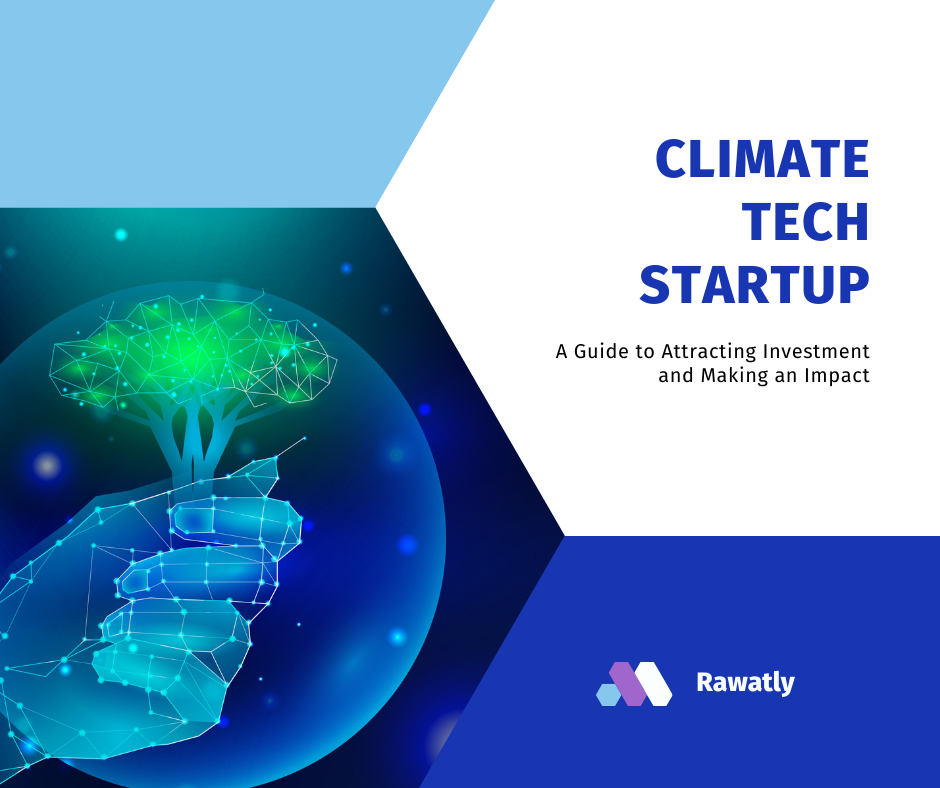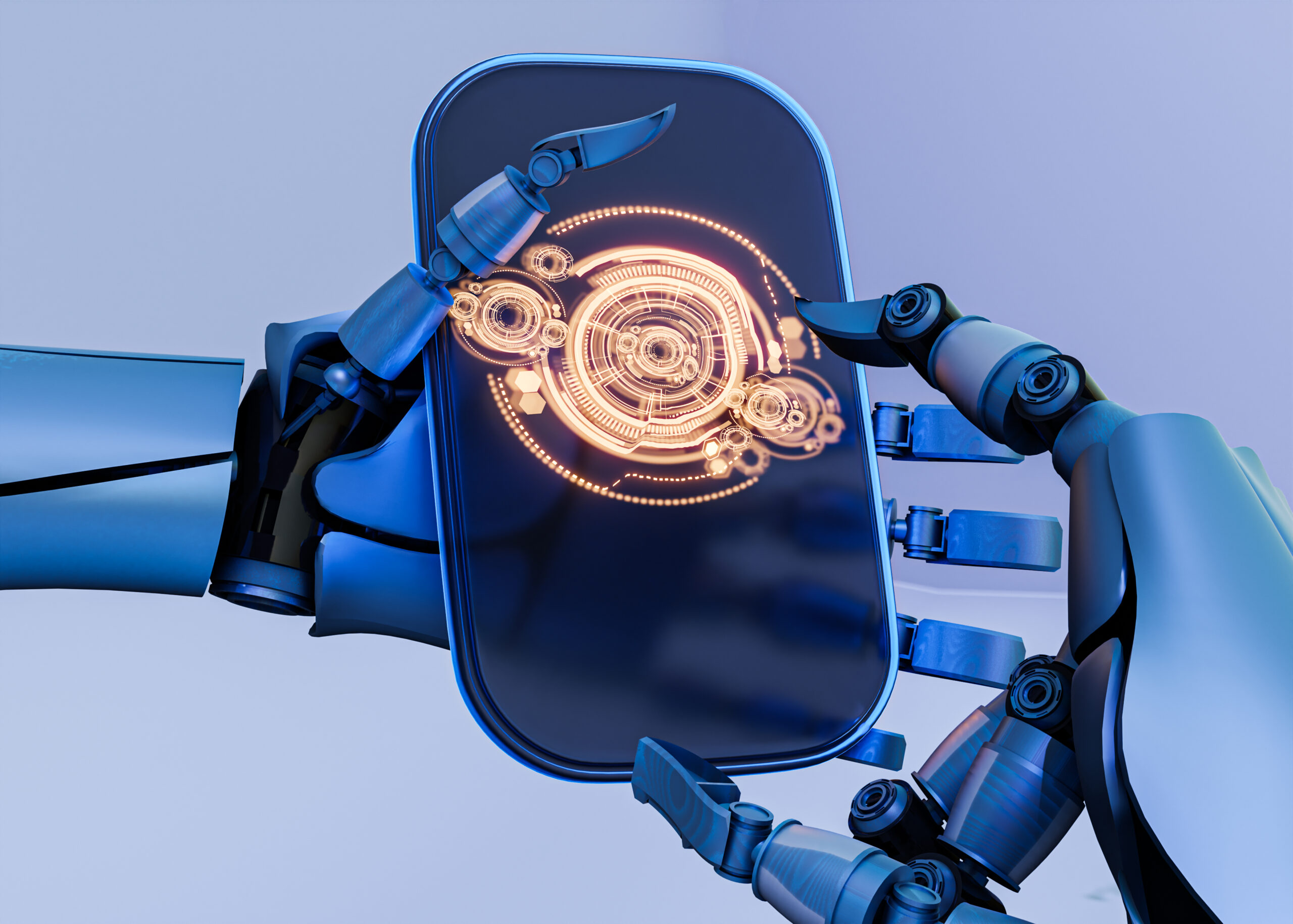
The rise of artificial intelligence (AI) has been nothing short of transformative across various industries, and the field of software development is no exception. With tools like OpenAI’s Codex, GitHub Copilot, and other AI-driven coding assistants, the ability of machines to write code has reached unprecedented heights. This rapid advancement prompts a critical question: Is this the end of coders as we know them? In this blog, we will explore the implications of AI in coding, the evolving role of human developers, and what the future might hold for the software development landscape.
The Current State of AI in Coding
AI’s involvement in coding is not entirely new, but recent developments have accelerated its capabilities. AI-powered tools can now assist developers in various ways:
- Code Generation: AI can generate code snippets based on natural language prompts, allowing developers to quickly implement features without writing every line manually.
- Automated Testing: AI can automate the testing process, identifying bugs and vulnerabilities more efficiently than traditional methods.
- Code Refactoring: AI tools can suggest improvements and optimizations to existing code, enhancing performance and maintainability.
- Debugging Assistance: AI can help identify errors in code and suggest fixes, streamlining the debugging process.
These advancements indicate that AI is becoming an integral part of the development workflow, but does this mean that human coders will become obsolete?

The Evolving Role of Coders
While AI is undoubtedly changing the coding landscape, it is essential to recognize that the role of human developers is evolving rather than disappearing. Here are some key aspects of this evolution:
1. Shift from Coding to Problem-Solving
As AI tools take over more routine coding tasks, developers are increasingly shifting their focus from writing code to solving complex problems. This shift requires a deeper understanding of business needs, user experience, and system architecture.
Example: A developer might spend less time coding individual functions and more time designing the overall structure of an application or integrating various services.
2. Collaboration with AI Tools
Rather than replacing developers, AI tools are becoming collaborators. Developers can leverage AI to speed up their work, allowing them to focus on higher-level tasks that require creativity and critical thinking.
Example: A developer using GitHub Copilot can generate a boilerplate code for a web application, enabling them to concentrate on the unique features that differentiate their product from competitors.
3. Increased Demand for Specialized Skills
As AI takes on more coding responsibilities, there will be an increased demand for developers with specialized skills. Understanding AI and machine learning, data analytics, and cloud computing will become critical for future developers.
Example: Developers skilled in integrating AI capabilities into applications will be highly sought after, as businesses look to leverage AI for competitive advantages.
4. Emphasis on Soft Skills
The human element of software development will gain greater importance. Skills such as communication, teamwork, and emotional intelligence will be crucial as developers collaborate with AI systems and work in diverse teams.
Example: Developers will need to articulate their ideas and requirements clearly to AI tools, ensuring that the generated code aligns with project goals.
The Future of AI: Anticipating Innovations in the Next Decade
The Future of Software Development
While AI is poised to change the coding landscape significantly, several factors will shape the future of software development:
1. AI as an Enabler, Not a Replacement
AI will continue to serve as a powerful enabler for developers, enhancing their productivity and efficiency. The tools will augment human capabilities, allowing developers to create more sophisticated and innovative solutions.
2. Focus on User-Centric Design
As AI takes over more technical tasks, the emphasis on user experience and design will become paramount. Developers will need to prioritize user-centric design principles to create applications that meet the needs and expectations of users.
3. Continuous Learning and Adaptation
The rapid pace of technological advancement requires developers to engage in continuous learning. Staying updated on new AI tools, programming languages, and development practices will be essential for career growth.
Example: Developers may need to participate in training programs, attend workshops, and engage in self-directed learning to remain relevant in the evolving landscape.
4. Ethical Considerations
As AI becomes more integrated into software development, ethical considerations will come to the forefront. Developers will need to address issues such as bias in AI algorithms, data privacy, and responsible AI use.
Example: Developers will be responsible for ensuring that AI-generated code adheres to ethical standards and does not perpetuate biases or vulnerabilities.
ChatGPT Search: OpenAI Launches Real-Time Web Search to Compete with Google
Conclusion
The rise of AI in coding presents both challenges and opportunities for software developers. While the ability of AI to write code raises concerns about job displacement, it is crucial to recognize that the role of coders is evolving rather than ending.
Developers will increasingly focus on problem-solving, collaboration, and user-centric design, leveraging AI tools to enhance their capabilities. The future of software development will require a blend of technical skills, creativity, and ethical considerations, ensuring that human developers remain indispensable in a world increasingly shaped by AI.
In this new landscape, coders will not be replaced by machines but will instead become more empowered to innovate and create solutions that leverage the full potential of AI. The key to thriving in this environment lies in adaptability, continuous learning, and an unwavering commitment to ethical practices. As we embrace this new era of coding, the relationship between humans and AI will define the future of software development for years to come.

